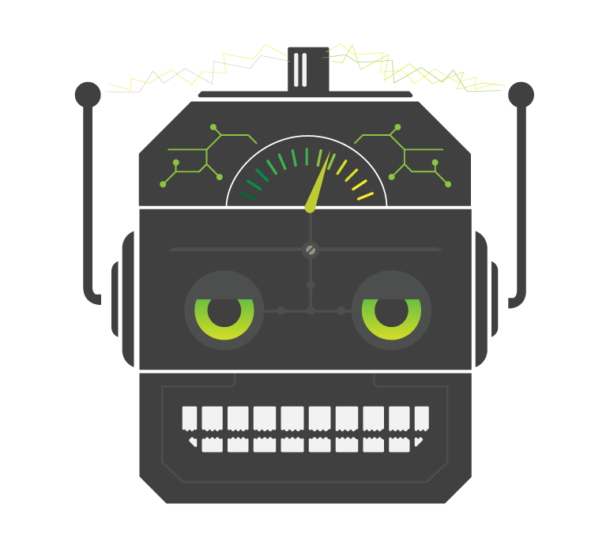DPL Reading List – October 9, 2015
Here are some of the articles we’ve been reading around this office this week.
The Illusion Of Time (Thanks to Jarrod Wubbels for recommending this article) – “Time is the most valuable and limited resource we have. That’s why good design is about saving time.”
The Internet’s Vanishing Point? – “Today we’re living in the third era, a hybrid, which includes a curious mixture of Web 2.0’s promise of scraped content pulled from various deep sources (with search as the homepage) and augmented by social and algorithmically driven curation via Facebook, Twitter and Google. Furthermore, on mobile we’ve apps, which are best described as micro-portals extracting personalized information and presenting it to us in a closed ecosystem.”
People And Projects (Thanks to Todd Guenther for recommending this article) – “It is critical that you and your organization develop a culture that delivers. Relying on crossed fingers, hope, good intentions, and heroics doesn’t scale. The fundamentals of delivery need to be ingrained in the culture.”
Forget The Turing Test – There Are Better Ways Of Judging AI – “One problem with the Turing test is that no one can quite agree what counts as a pass. Turing, writing in the 1950s, predicted that by the 21st century it would be possible for computers to pass the test around 30 per cent of the time. Some have interpreted this as the percentage of judges a machine has to fool, leading to headlines last year claiming that a chatbot at the Royal Society in London had passed the test.”
Cold, Hard Data: Inside Facebook’s Swedish Hub Near The Arctic Circle – “According to Facebook, its Luleå warehouse is the most energy efficient computing facility ever built. It is cold in the Node Pole: winter averages -20C (-4F). Freezing air from outside is pumped into the building. It acts as a natural coolant, with hot air generated by the servers circulating out. Walls of axial fans keep temperatures constant.”
Outcomes, Not Outputs (Thanks to Jarrod Wubbels for recommending this article) – “The difficulty is that our brains can’t operate without [assumptions]; they’re necessary to understand the world. When I say ‘I mixed in some praying mantis DNA.’ — we need shared assumptions for you to understand me. But if you’re talking about solving a problem, instead of understanding, the assumptions aren’t always helpful. Things come with baggage; let’s pretend that it belongs to other passengers. Step away from the baggage!”
Smart Homes Need Smart Communities (Thanks to Chris Apple for recommending this article) – “Imagine a community where everyone’s home is built to connect to a smart network the same way they connect to an electrical grid. The barriers to entry of adopting connected technologies would be nearly eliminated because the entire expense of the underpinning technology could be rolled into a mortgage, just the same as any other feature in a new home. And for the consumer, this beats the daunting process of making your existing home smart by buying a series of aftermarket ‘connected’ devices that may not even be able to speak to one another.”



